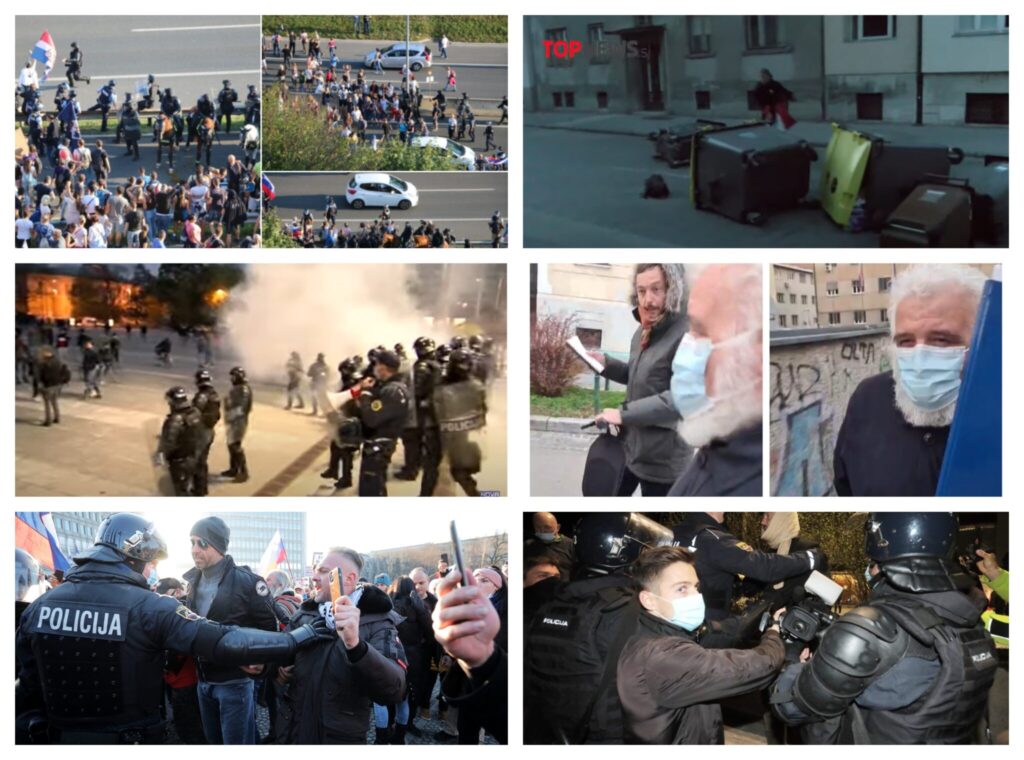The government has adopted a bill that provides for pardons of offences committed during the severe Covid-19 epidemiological situation, with reimbursement of fines that have already been paid. The Minister of Justice, Dominika Švarc Pipan, and the Golob government are convinced that there was no adequate legal basis for the issuing of fines. The government will thus exonerate those who endangered the health and lives of all citizens through irresponsible, reckless behaviour.
It seems that the government has decided to legalise the pardons for the protesters who endangered the health and lives of all citizens during the health crisis. It is worth pointing out that the restrictions were necessary at the time because of the rapid spread of an infectious disease. “With this law, the government is fulfilling one of the key commitments of the coalition,” explained Minister of Justice Dominika Švarc Pipan at Thursday’s press conference. She believes that this is one of the most important steps towards restoring trust in the rule of law, which is one of the fundamental principles of the Constitution. She also believes that trust in the rule of law has been significantly damaged by the use of “excessive and unconstitutional repression through criminal law during the epidemic of Covid-19,” the Slovenian Press Agency (STA) reports.
The government’s bill covers the period between the 7th of March 2020 and the 30th of May 2022, and 62 thousand fines totalling 5.7 million euros. Of this, around 30 percent (just over 1.7 million) have already been paid. Around 70 percent of the fines imposed should still be paid, totalling almost 4 million euros. The bill that the government is sending for procedure will effectively grant full pardons to offenders and exempt them from community service and alternative imprisonment procedures. The same is planned for enforcement proceedings and the costs of the infringement proceedings.
The bill also provides for the reimbursement of fines already paid, “the costs of infringement proceedings and the costs of enforcement proceedings and the confiscation of proceeds.” The government would further reward the protesters by excluding the funds that they will receive as reimbursement from their income, resulting in, among other things, no income tax being paid on them. On top of this, the government will delete offenders’ details from the records of offence authorities and from the records of final court decisions. The government, which loves bureaucracy, will also ensure that the pardoned are subject to as few bureaucratic burdens as possible. The rulers are aware of the precarious situation that the Janez Janša government had to face during the epidemic, and they also know that swift action was necessary, which is also allowed by the constitutional order, which means that interference with the right of movement and association was justified in this case.
Domen Mezeg


